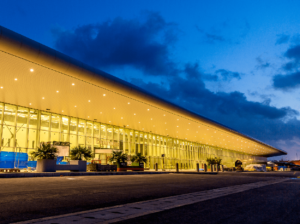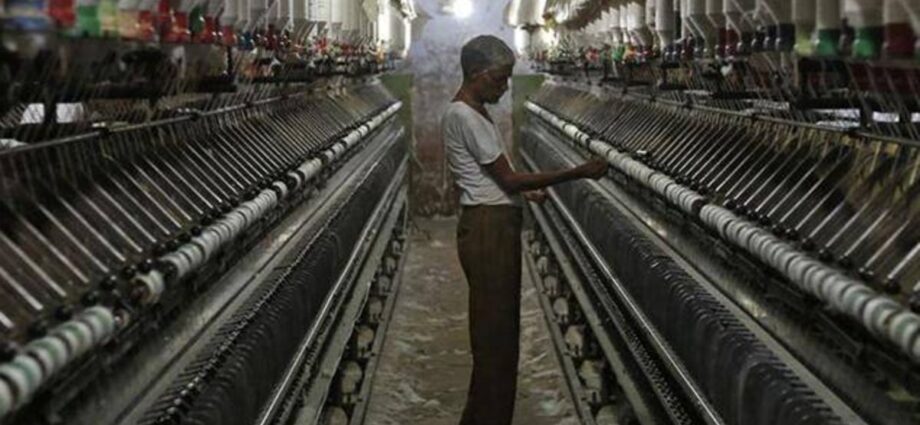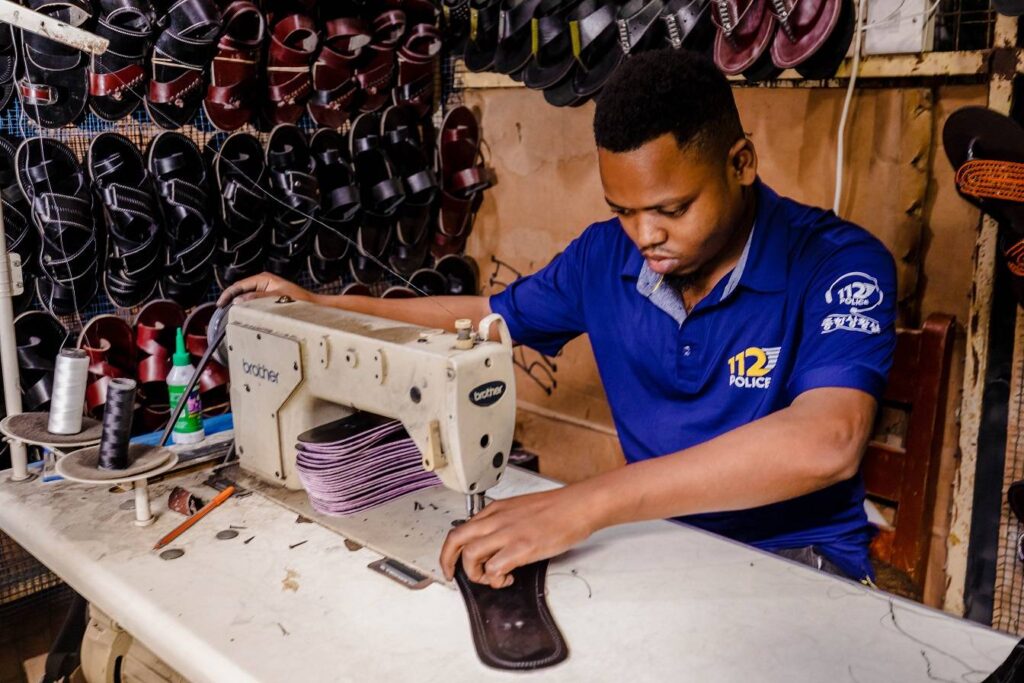This is because MSMEs in the industrial sector have received a lot of attention from policy makers and other stakeholders in the years since independence.
MSMEs exist in almost all economic sectors in Tanzania to the effect that they compose more than 90 per cent of all businesses in the country, both formal and informal.
And the government tries to focus on the entire SMEs sector but due to historical factors it is the industrial sector whose SMEs have received much care and attention to the extent that even the respective policy carries the word “Industries” in its name. The policy document governing SMEs is entitled the Small and Medium Industries and Enterprises Policy (SME Policy). It was created in 2003 and is in the final stages of review.
It all started with the creation of the Small Industries Development Organisation (Sido) in 1973 to spearhead the modernisation and formalisation of micro, small and medium industries and businesses that had been using primitive methods of production for centuries.
The organisation has offices throughout Tanzania and is a household fixture among small and medium entrepreneurs, mainly in the industrial sector in the country. Various analysts credit Sido with facilitating the creation and development of more than 100,000 small manufacturing and processing units, creating about 1 million employment opportunities. The organisation has also been at the forefront in nurturing small entrepreneurs, helping them acquire better technology and finding markets.
The establishment of Sido and the layout of its function was based on a sound industrial strategy that recognised early on after the adoption of the Arusha Declaration, that there can be no industrialisation in Tanzania without developing the micro, small and medium industries.
That Sido has succeeded in many of its functions is clear from positive verdicts in various studies. But the fact that Tanzania is not yet an industrialised economy and is a net importer of industrial goods in all categories shows the limits of Sido’s success. It is like in wars where fighting units can win battles but lose the war at the end.
The reasons for failure in industrialisation, despite some ring-fenced positive developments, have been well analysed in various academic undertakings and newspaper articles for years.
The truth, however, is that Tanzania would not lag behind in industrialisation had the micro, small and medium industries been growing organically over the years to become large and complex manufacturing undertakings that Tanzania needs to compete in the global industrial goods market. The fact is that despite the attention given by authorities most MSMEs in the industrial sector have remained stagnant, not growing or expanding activities in any meaningful way. The situation is, therefore, worse for other sectors whose MSMEs have received less policy attention over the years.
Any discussion over what ails SMEs in Tanzania and on what should be done to correct the situation should take into account the context of the development of SMEs in the industrial sector.
The point of departure in such discussions and deliberations should be the failure by the micro and small industries to integrate with the general economy as well as the seeming incapacity to interconnect with other key sectors such as agriculture to be able to grow.
In fact the failure of the various sectors in the Tanzanian economy to link up with one another for mutual benefits is one of the largest puzzles, that if solved could help unleash the MSMEs potential. But as of now the booming of one sector in the economy has not been able to produce much activity in other related sectors.
And this is true even in the services category of the economy. It happened in the mining and tourism sectors. It happened in the telecommunications sector and transit trade.
Latest Sido activities
In the 2021/22 financial year Sido started building industrial sheds for small processing industries in the cotton, cashewnut and edible oil value chains, according to the budget speech of the ministry of Investments, Industries and Trade. The construction is at various stages.
Also Sido continued with provision of new technologies to small industries through its Technology Development Centres (TDC) throughout the country.
The organisation worked to improve the Kilimanjaro and Mbeya technology centres. Seven TCDs in Kigoma, Mbeya, Kilimanjaro, Arusha, Iringa, Shinyanga and Lindi have produced 313 machines and 1,014 spare parts that were sold to entrepreneurs. The centres continue with their other functions of technology development and provision of technical services to small and medium industries in urban and rural areas in accordance with the one-district-one-product strategy as well as the market opportunities that emerge.
In the same financial year Sido offered training to 15,176 and consultancy to 11,624 entrepreneurs in areas of business development and industrial production activities.
As far as marketing was concerned Sido organised the Sido trade fair in Kasulu, Kigoma, that brought together 935 entrepreneurs and 38 institutions. Total sales of Sh800 million were recorded during the Kasulu fair. Sido also facilitates the participation of small entrepreneurs in the Dar es Salaam International Trade Fair.
As far as financing is concerned the government disbursed Sh4.6 billion loans to 2,166 entrepreneurs in the 2021/22 financial year. About 47 per cent of the loan recipients were women. Through its SME credit guarantee scheme (Sido SME –CGS) loans worth Sh110 were disbursed in Singida and Kigoma regions.
Share this news
This Year’s Most Read News Stories

Zanzibar Airports Authority enforces Dnata monopoly
. Airlines that have not joined the Zanzibar Airports Authority’s (ZAA) preferred ground handler, Dnata, at the Abeid Amani Karume International Airport (AAKIA) face eviction from the Terminal Three building Dnata is the sole ground handler authorised to provide services for flights that operate at Terminal 3.Continue Reading

Tanzania Declares End of Marburg Virus Disease Outbreak

Tanzania today declared the end of Marburg virus disease outbreak after recording no new cases over 42 days since the death of the last confirmed case on 28 January 2025.
The outbreak, in which two confirmed and eight probable cases were recorded (all deceased), was the second the country has experienced. Both this outbreak, which was declared on 20 January 2025, and the one in 2023 occurred in the north-eastern Kagera region.
In response to the latest outbreak, Tanzania’s health authorities set up coordination and response systems, with support from World Health Organization (WHO) and partners, at the national and regional levels and reinforced control measures to swiftly detect cases, enhance clinical care, infection prevention as well as strengthen collaboration with communities to raise awareness and help curb further spread of the virus.
Growing expertise in public health emergency response in the African region has been crucial in mounting effective outbreak control measures. Drawing on experience from the response to the 2023 Marburg virus disease outbreak, WHO worked closely with Tanzanian health authorities to rapidly scale up key measures such as disease surveillance and trained more than 1000 frontline health workers in contact tracing, clinical care and public health risk communication. The Organization also delivered over five tonnes of essential medical supplies and equipment.
“The dedication of frontline health workers and the efforts of the national authorities and our partners have paid off,” said Dr Charles Sagoe-Moses, WHO Representative in Tanzania. “While the outbreak has been declared over, we remain vigilant to respond swiftly if any cases are detected and are supporting ongoing efforts to provide psychosocial care to families affected by the outbreak.”
Building on the momentum during the acute phase of the outbreak response, measures have been put in place to reinforce the capacity of local health facilities to respond to potential future outbreaks. WHO and partners are procuring additional laboratory supplies and other equipment for disease detection and surveillance and other critical services.
Marburg virus disease is highly virulent and causes haemorrhagic fever. It belongs to the same family as the virus that causes Ebola virus disease. Illness caused by Marburg virus begins abruptly. Patients present with high fever, severe headache and severe malaise. They may develop severe haemorrhagic symptoms within seven days.
In the African region, previous outbreaks and sporadic cases have been reported in Angola, the Democratic Republic of the Congo, Ghana, Kenya, Equatorial Guinea, Rwanda, South Africa and Uganda.
Source: allafrica.com

‘Pilot error’ caused Precision Air crash
Reports says prevailing poor weather led to the pilots failing to heed warning signals.Continue Reading











